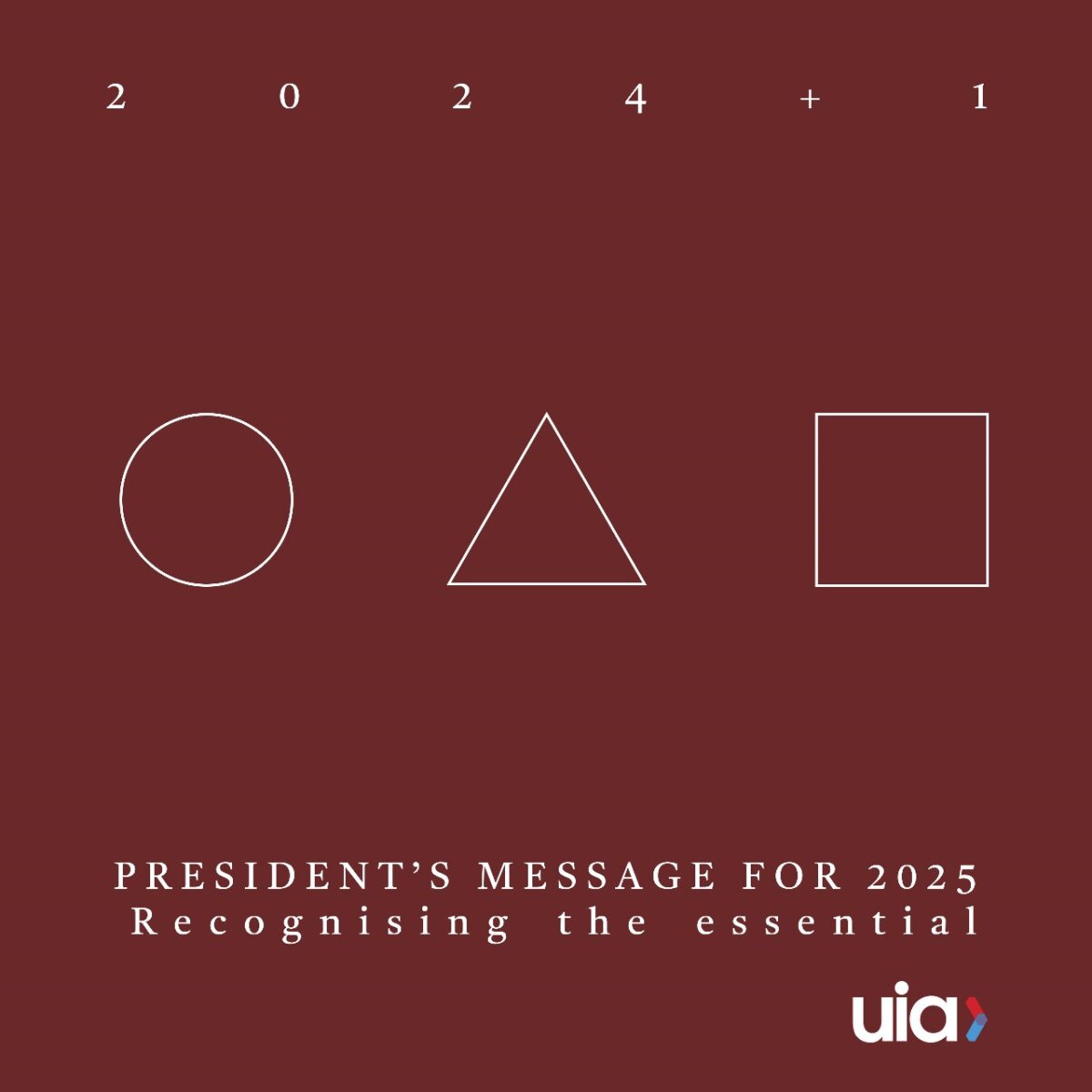By sacrificing the essential to the urgent, we end up forgetting the urgency of the essential.
— Edgar Morin*
The challenges humanity faces today are numerous and complex: the climate crisis, frequent natural disasters, political upheavals and wars; increasing inequalities, the affordability crisis, rapid advances in digitalisation and artificial intelligence. The boundary between virtual and real, fake and true, becomes ever more blurred; disinformation and manipulative operations distort our understanding. Our globalised, increasingly urbanised and polarised world is losing its ethical foundations.
The environment and the future of humanity are matters of shared social, ethical and political responsibility among governments, the public and private sectors, civil society and professionals.
As architects, we are trained to think holistically to coordinate the expertise of other disciplines, to use technology intelligently, and to find solutions within the given context, economic and legal frameworks. But, as designers within interdisciplinary teams, we are the only specialists tasked with understanding the needs of both users and investors and interpreting them into spatial solutions in the interest of society. We are challenged to understand the complexity of situations and the interconnections between different, often contradictory, aspects. This required sensibility and skill is not just a rational act, but the result of thinking and feeling, of knowledge and culture.
We deal with complexity both rationally and intuitively, whereas it remains questionable whether artificial intelligence, operating soley through programmed algorithms, can replicate this. Crucial for the architect is the capacity to recognise what is relevant and essential.
Our designs must be based on what unites us all: our common quest for people’s well-being and quality of life. We must place people at the centre of all efforts and contribute to social cohesion through inclusive urban planing and sustainable architectural designs. Our responsibility is aesthetic, social, and, ethical.
Let us all make 2025 a decisive year towards a peaceful world and a more ethical future with resilient architecture.
With my best wishes for the New Year
Regina Gonthier
UIA President
*The philosopher and sociologist Edgar Morin, born in Paris in 1921, is best known for his work on interdiciplinary thought and complexity.
